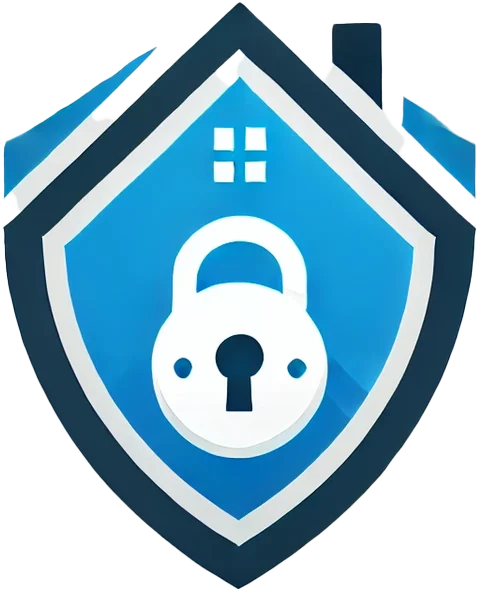Here’s a list that offers practical tips and strategies for staying safe online:
1. Google Safety Center: Tips to Stay Safe & Secure Online
Google’s Safety Center provides a comprehensive guide on how to stay secure online. It covers everything from using strong, unique passwords to securing your Wi-Fi network and recognizing phishing attempts. The article emphasizes the importance of using secure networks, validating suspicious URLs, and being cautious with unsolicited messages.
2. CISA: Cybersecurity Best Practices
The Cybersecurity and Infrastructure Security Agency (CISA) offers detailed cybersecurity best practices for individuals and organizations. The guide includes tips on multi-factor authentication (MFA), software updates, and recognizing phishing attacks. CISA also highlights the importance of building cybersecurity into the design of technology products.
3. UNFCU: Five Tips for Protecting Yourself Online
This article from the United Nations Federal Credit Union provides five essential tips for staying safe online, such as avoiding sending money to unknown contacts, being cautious with gift cards, and securing your passwords. It also advises users to be wary of checks from online contacts and offers advice on maintaining strong online privacy settings.
4. Charles Schwab: 10 Tips for Keeping Your Accounts Secure
Charles Schwab’s guide focuses on protecting financial accounts from cyber fraud. It includes practical advice on avoiding phishing scams, enabling security alerts, using two-factor authentication, and securing home networks. The article also provides tips on how to protect yourself when using public Wi-Fi.
5. CISA: 4 Things You Can Do To Keep Yourself Cyber Safe
This short but impactful guide from CISA outlines four key actions you can take to improve your cybersecurity: enabling multi-factor authentication, updating software regularly, thinking before you click on suspicious links, and using strong passwords. It’s a great starting point for anyone looking to enhance their online security.
How to Protect Yourself From Online Threats
While these articles provide excellent guidance on staying safe in the digital world, here are some additional steps you can take right now:
- Enable Two-Factor Authentication (2FA): Always use 2FA on important accounts like email, banking, and social media.
- Use a Password Manager: A password manager can generate and store strong passwords for all your accounts.
- Be Wary of Phishing Scams: Always double-check URLs before clicking links in emails or messages.
- Regularly Update Software: Ensure your operating systems and applications are up-to-date with the latest security patches.
- Secure Your Home Network: Use strong encryption settings on your router and change default passwords.
For more expert advice on protecting yourself from cyber threats, visit Secure Home Network. Stay safe online!
